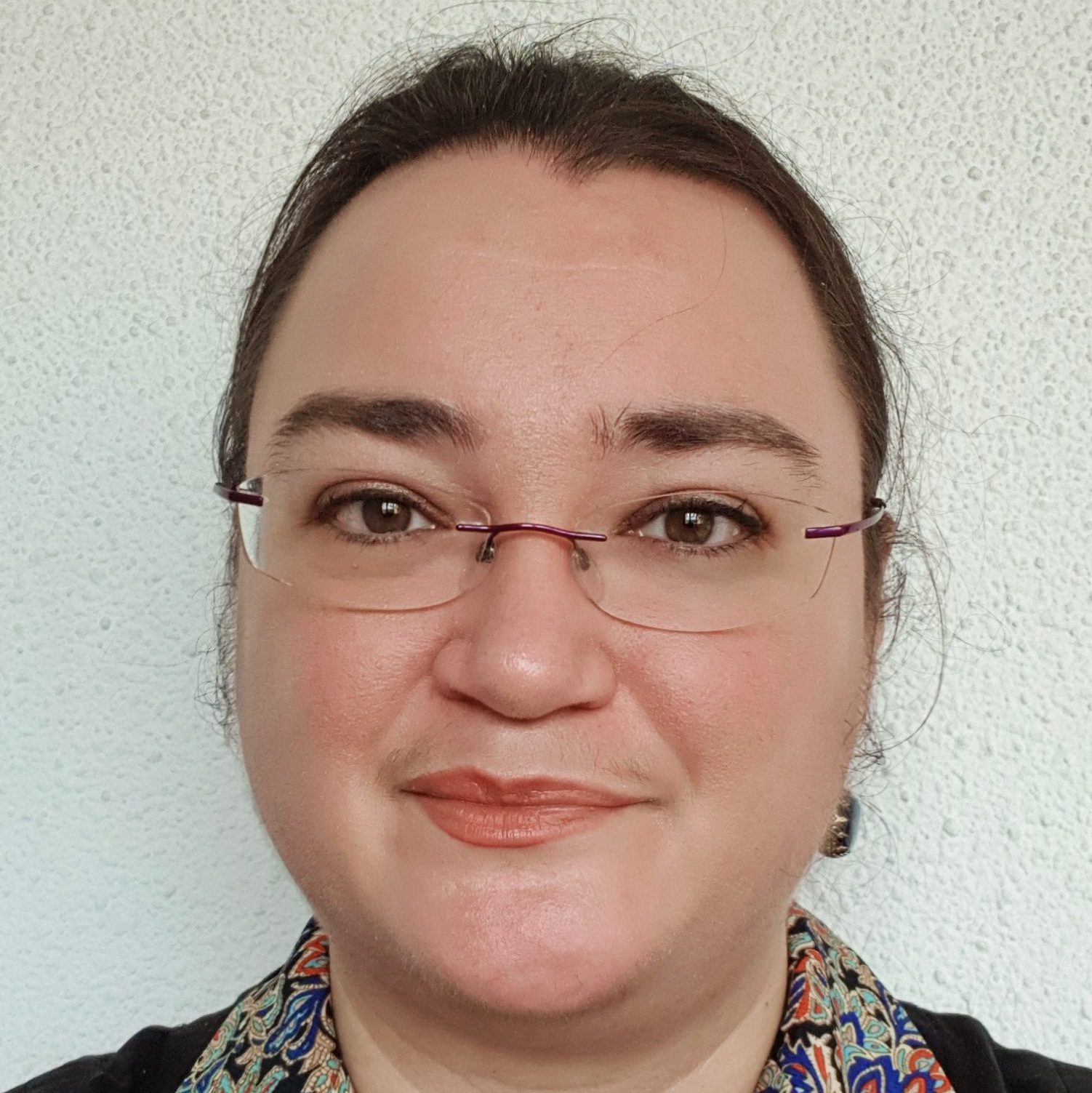
European Affairs Consultant, Romania. UNFCCC Bureau Vice President, 2019-2021
The thing that fascinated Bianca the most about the climate change negotiations as an undergraduate student in International Relations was the challenge of securing mutually beneficial outcomes out of a process where the balance of power was always skewed, and where the Parties, all in different stages of development, have different starting points and interests.
Following a brief detour to start up an event management company, she joined the Ministry of Environment, Water and Forests in Romania as a climate change consultant, and soon found herself participating in the internal EU negotiations on climate change. She then left the Ministry and consulted for organizations like the World Bank and World Wildlife Fund for five years, assessing the effectiveness of development aid provided and received. “This was a different but very useful perspective, of how things actually function on the ground.”
In advance of Romania’s Presidency of the Council of the EU, she returned to the Romanian Ministry of Environment’s European Affairs and International Relations department in late 2016 and became involved in climate change policymaking at the EU and international level. She has been coordinating the EU negotiators on finance and budget under the UNFCCC since 2019.
Also in 2019, she was nominated to represent the Eastern European group on the UNFCCC Bureau. “It was supposed to be for one year, but of course it was longer because of the pandemic, and it was a lot more intense than I expected – even though we only ever had a physical meeting in 2019 in Madrid!” This was a period when the Bureau had difficult and unprecedented decisions to take, for instance on postponing annual negotiating sessions.
“It was difficult for a newcomer to keep pace with the many experienced negotiators on the Bureau and to make substantive contributions, and I do wish this Network had existed then to support women like me, but being on the Bureau really opened doors to understanding how decisions are made under the UNFCCC.”
While big countries have onboarding processes for negotiators to help them understand the UNFCCC process, this is not the case for small countries, says Bianca, and the Network can play a key role in supporting new women negotiators to learn from each other. Not that Bianca has been afraid to ask for help in the past. “I sought advice from many negotiators, and found that while men will usually provide advice on how to strategize to take the negotiations to the bitter end, women provide advice on how to bring people together and build bridges.”
Bianca also found that women end up doing a lot of the coordinating and consulting work in the UNFCCC process, regardless of who they represent. “When I coordinated for the EU, it was usually women I was talking to representing other groups. Women are also too often relegated to the role of taking notes and sending emails, when clearly, they can provide more substantive inputs. Of course, you wonder if it is only you that feels that way and are imagining things, but when I talk to other women, I find they feel the same way.”
Her advice to new women negotiators: “You can learn a great deal from talking to people and observing them – not only what they say, but how they react and connect – and trying to understand where come from. Most of the people in the climate negotiations care deeply about the climate issue and are passionate about their jobs – using that as a starting point will help you understand them better. Work as a team. Make sure you don’t disappear into a single issue in the negotiations, but keep an eye on the wider process and how things are going elsewhere.”
Bianca grew up in Brasov, a small mountain town in Romania. She left for her higher education in Bulgaria and Hungary, where, in addition to International Relations and European Studies, she studied theatre direction. “I directed a play every year while I was at University, and loved making sure all the pieces are in place and that the public would have a good and transformational experience while watching the plays. This seems to have become a running theme in my life.”
She also loves reading. “Escapism and fantasy books that envision kinder worlds are my favourite – anything that resets my mind. The sillier the better!”